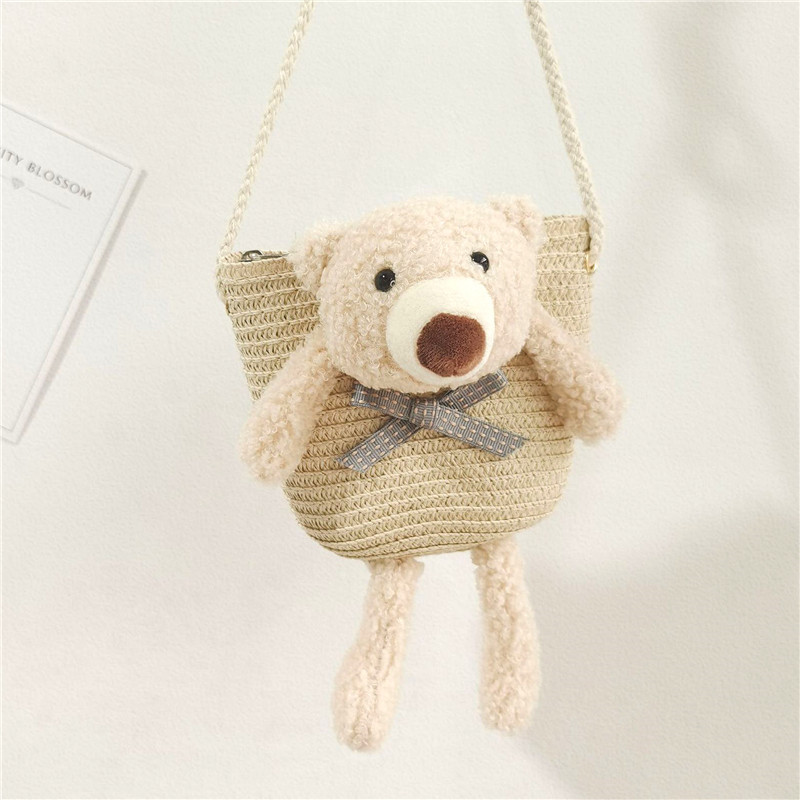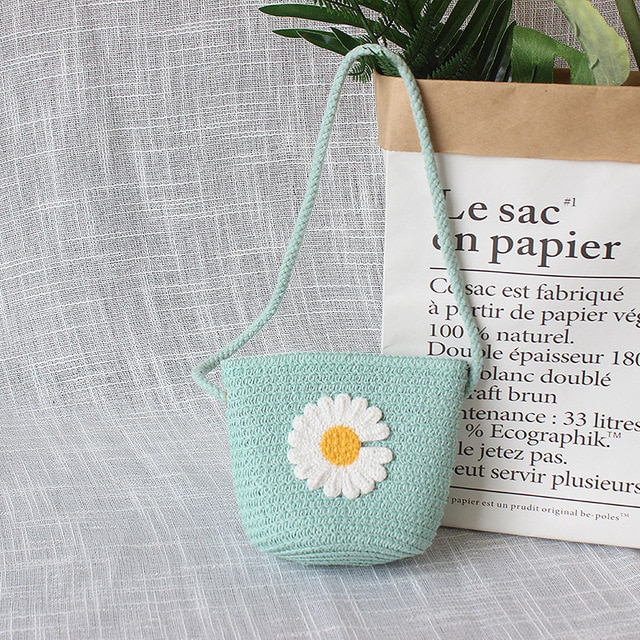As children grow and develop, it becomes increasingly important to foster their independence and responsibility. One simple yet effective way to encourage these qualities is by introducing them to the concept of kid bags. Kid bags, whether it’s a backpacks, totes, or messenger bags, serve the practical purpose of carrying their belongings, but they also play a significant role in nurturing independence and responsibility in children. In this blog post, we will explore how kid bags can empower children and contribute to their overall development.
- Developing Organization Skills: One of the key benefits of kid bags is that they teach children how to be organized. By having their own designated bag, children learn to pack and unpack their belongings, ensuring that they have everything they need for the day ahead. This process helps them understand the importance of planning and taking responsibility for their essentials.
Parents can assist in developing organizational skills by guiding their children through the packing process initially. Gradually, children will learn to prioritize their items and keep their bags tidy, fostering a sense of order and preparedness.
- Encouraging Decision-Making: When children have their own kid bags, they have the opportunity to make decisions regarding what items they need to carry. This simple act of choosing what to pack teaches them decision-making skills and allows them to take ownership of their belongings.
Parents can support this process by helping children understand the difference between essentials and non-essentials, guiding them to make thoughtful choices. As children become more proficient in decision-making, they gain confidence in their ability to make responsible choices, a skill that will benefit them in various aspects of life.
- Cultivating Responsibility: Having a kid bag instills a sense of responsibility in children. They understand that it is their responsibility to ensure their bag is packed with the necessary items, such as school supplies, lunch, or sports gear. By taking ownership of their bag and its contents, children learn the importance of being accountable for their belongings.
Parents can reinforce this sense of responsibility by setting expectations and reinforcing the consequences of not fulfilling them. For example, if a child forgets to pack their homework in their bag, they may experience the natural consequence of receiving a lower grade. These experiences teach children the value of being responsible and prompt them to develop habits that will serve them well throughout their lives.
- Boosting Self-Confidence: Carrying their own kid bag gives children a sense of autonomy and self-confidence. They feel a sense of pride in being able to take care of their belongings and being prepared for various activities. This boost in self-confidence carries over into other aspects of their lives as they realize their ability to handle responsibilities and make independent choices.
Parents can support their children’s self-confidence by acknowledging and praising their efforts. Encouragement and positive reinforcement will reinforce their belief in themselves, leading to greater self-assurance and an eagerness to take on new challenges.
- Fostering Problem-Solving Skills: Kid bags present children with opportunities to problem-solve. Whether it’s figuring out how to fit all their necessary items in their bag or finding solutions to unexpected situations, such as a broken strap, children develop problem-solving skills through these experiences.
Parents can encourage problem-solving by allowing children to brainstorm solutions and try different approaches. By supporting their children’s efforts and providing guidance when needed, parents empower them to think critically and creatively, skills that are valuable throughout their lives.
- Promoting Independence: Kid bags promote independence by giving children a sense of ownership over their personal items. They learn to manage their belongings, navigate daily routines, and become self-reliant. As they grow older, children can take on more responsibility for their bags, gradually relieving parents of the need to constantly check and remind them.
Parents can gradually introduce independence by involving children in the process of selecting their own kid bag. Take them shopping or browse online together, discussing their preferences and needs. This empowers them to make choices and feel a sense of ownership over their bag.
- Encouraging Time Management: Having a kid bag also helps children develop time management skills. By ensuring that their bag is packed and ready to go the night before, children learn to plan ahead and allocate time for different tasks. This includes gathering necessary materials for school, packing snacks or lunch, and organizing any extracurricular items they may need.
Parents can support this skill by establishing a consistent routine and encouraging children to prioritize their tasks. Teaching them the value of being prepared and punctual instills a sense of responsibility and helps them become more efficient in managing their time.
- Fostering Social Skills: Kid bags can serve as conversation starters and icebreakers among children. Whether it’s a unique design, a favorite character, or an interesting feature, kid bags can spark interactions and help children connect with their peers. This encourages socialization, communication, and the development of interpersonal skills.
Parents can facilitate social interactions by encouraging their children to engage in conversations about their bags with classmates or friends. This not only boosts their confidence in social situations but also nurtures empathy and the ability to relate to others.
In conclusion, kid bags play a crucial role in promoting independence and responsibility in children. They teach organization, decision-making, and problem-solving skills while fostering a sense of responsibility, self-confidence, and autonomy. By allowing children to take ownership of their belongings and manage their own bags, parents empower them to become self-reliant individuals who can navigate daily routines with confidence. Moreover, kid bags provide opportunities for children to develop time management, social, and interpersonal skills. As parents, embracing the role of kid bags in promoting independence and responsibility can have a lasting positive impact on our children’s development and growth.




